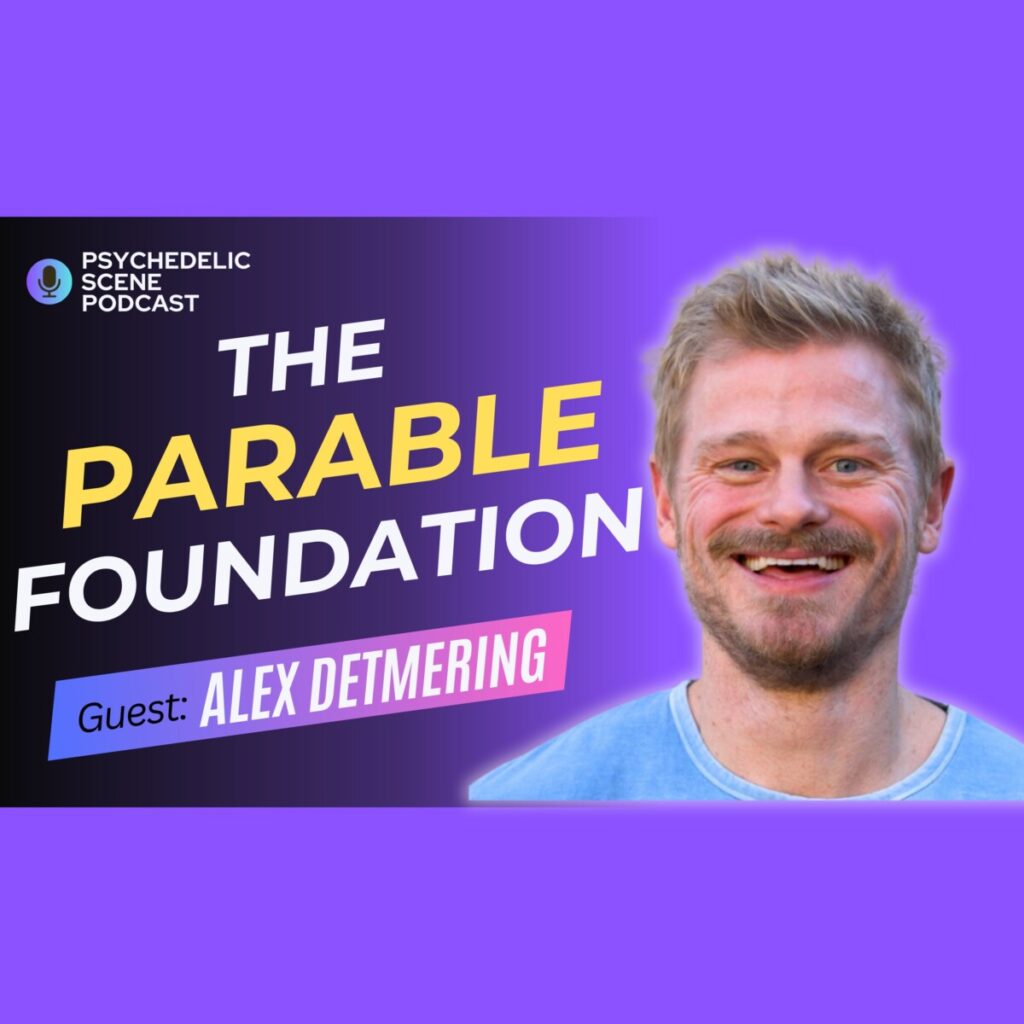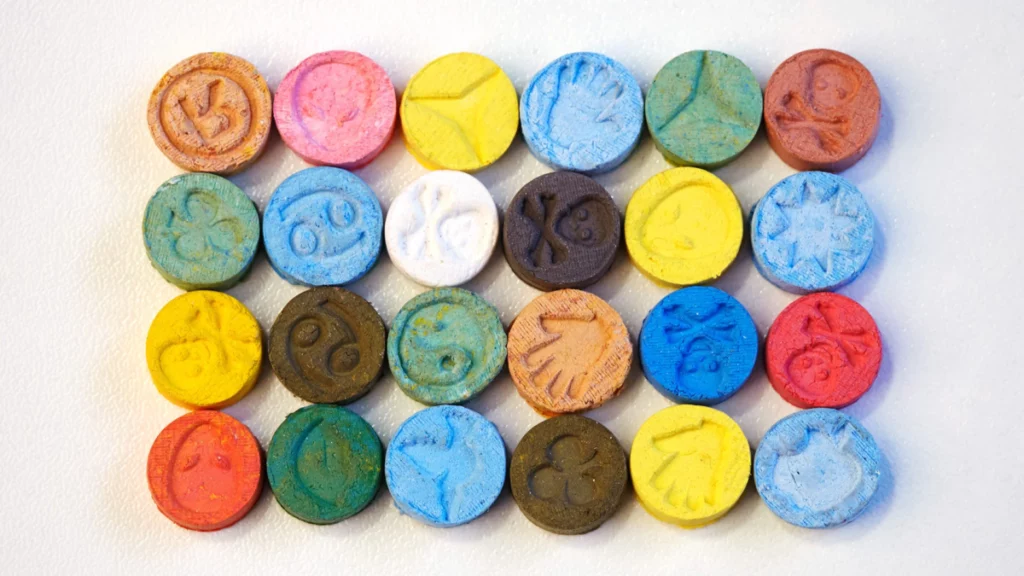Entheogens, Psychedelics, NOSC and the Search for Wholeness
Entheogens, Psychedelics, NOSC and the Search for Wholeness
At the heart of the human experience is the search for answers to questions regarding consciousness, life, and the mystery of physical matter reality. The search often evolves into a journey of self-discovery, or as Joseph Cambell termed it: the Hero’s Journey.
Entheogens, sacred plants used for millennia, and psychedelics, laboratory-grade substances, are being used in research, in clinical settings and palliative care, for stress disorders, healing trauma, and facing difficult life challenges.
The recent, widespread interest in the use of entheogens and psychedelics, both of which evoke non-ordinary states of consciousness (NOSC), may be part of this search. Are people looking for healing and unknowingly seeking wholeness?
In many cultures, mainly Eastern or Indigenous, NOSC are integral parts of everyday life in rituals, rites of passage, and daily practice–playing important roles in individual and community life and providing transcendent experiences and transformation.
NOSC are induced through chanting, singing, rhythmic dancing, fasting, meditation, breathing techniques, yoga, solitude, vision quests, and initiation rites. Some of these practices include the use of entheogens.
The experiences of NOSC are beyond mental and theoretical nature. They are states outside our everyday awareness and go beyond our everyday perceptions, and they can lead to self-awareness, personal transformation, spiritual opening, and the development of new perceptions of and strategies for life. Additionally, they can provide information about the human psyche, consciousness, and the nature of reality.
Modern culture, one that wants fast answers and quick solutions, lacks NOSC as a cultural norm and, until recently, the states were dismissed as a field of scientific inquiry. Also missing from Western civilization are elders, wisdom keepers, and ritual holders who know the cartography of the inner and unseen realms experienced in NOSC.
Is this absence what is driving the use of substances or is it possible that our culture is seeking wholeness, a return to authenticity? To a sense of interconnectedness with community, nature, and the unseen realms?
The search for wholeness can be found in both ancient and modern transformative practices and have in common:
- an acknowledgment of the varied dimensions of existence
- the development of sound morals and healthy life habits
- the growth of consciousness and moral sensibilities that include but are not limited to the healing of personal conflict
- respect for nature and an understanding of co-existence with nature
- respect for self, elders, and community
- a sense of belonging
The Duty of the Seeker – The Duty of the Guide
The Duty of the Seeker – The Duty of the Guide
A burden of duty lies both with the seeker and with the guide. Regardless of one’s role in the NOSC experience, we need to be aware that we are responsible for our choices, words, actions, and behavior.
Dignity and ethics are key to successful outcomes. Dignity can be defined as behavior and speech that indicates self-respect; an inner sense of self-worth, liberated from self-importance.
Ethics are moral principles that govern our conduct and how we manage life’s activities and interactions. They guide our behavior, which includes sound logic regarding honesty, respect, responsibility, fairness, and compassion.
Guidelines for the Seeker:
- Choose the right NOSC experience for you. It may or may not include entheogens or psychedelics. Trust your instincts and intuition.
- Choose a tradition or practice of integrity and authenticity with a credentialed elder, facilitator, or guide with a Code of Ethics.
- Check the safety and legality of any substances and the ritual/session in which you will be participating.
- Entheogens are historically served in an authentic, traditional ritual, often one based on different worldviews and beliefs, both cultural and spiritual. Be sure you are informed of and comfortable with the beliefs and practices before participating.
- Check that the elder/guide has good “maps” for preparation and integration that include personal and transpersonal cartography:
- personal – the internal world, issues often difficult to accept, both of higher and lower aspects, deep memories.
- transpersonal – experiences beyond the personal, often intense and rich in meaning; archetypal, shamanic, mythological. Mystical or near-death experiences, encounters with invisible realms/dimensions, with forces/beings/Beings/ with the sense of “other”
- Trust that you will learn/experience something beneficial, even when the experience is difficult.
Risks
- NOSC can generate strong positive or negative emotional changes, awaken spirituality, and activate unresolved psychological material.
- Beware of self-acclaimed healers and shamans, often unconscious to their own longings to be “the healer” and lacking in training, apprenticeship, or education.
- Be mindful of the potential for abuse: power, sex, and money.
- Be aware of your intentions, as some people are using NOSC as a form of escape or spiritual bypass. Spiritual bypass is a term coined by John Welwood in 1984 to describe the tendency to use spiritual ideas and practices to avoid facing unresolved emotional issues, psychological wounds, unfinished developmental tasks, and life realities.
Guidelines for the Guide:
- Working with NOSC requires a greater awareness of and sensitivity toward culture and diversity.
- Work within your training or apprenticeship, as insufficient education, training, mentoring, or lack of peer support can lead to problems.
- Safety and legality are essential when working with substances.
- Adherence to a Code of Ethics provides healthy boundaries.
- NOSC increase the potential of vulnerability for both guide and seeker.
Risks:
- Be mindful of bias, whether conscious or unconscious, as it can re-wound those who have suffered sexual, racial, or colonial trauma.
Guidelines for the Guide:
Risks:
- Maintain healthy boundaries and a healthy balance in your life. Burnout is a reality.
- One of the dangers is the temptation of ego to use the role of guide for personal gain, power, money, or prestige.
- For a guide, there are many “tests,” and all of them will challenge the impeccability of the guide.
- One of the pitfalls of guides is the tendency for students to project their Higher Self onto an elder, teacher, or guru. A wise teacher can help students to recognize, work with, and move through these stages.
The quest for wholeness is best reflected in how we live everyday life, care for the soul and the body, manage responsibilities, and relate to and interact with others.
Self-discovery can evolve into the path of self-mastery. In exploring the self, we find the Self.
It is often very difficult to put NOSC experiences into words, give them context, and understand them in everyday reality. In addition, how we connect to the unseen realms and the lessons we learn from these experiences are individualized.
We must go deeply within ourselves to find what we need to know and what is helpful for our evolution. Each step of growth contributes to the well-being and wholeness of the seeker and, in an ever-widening circle, to all beings and the Earth.
Related: Integration: A Key Word in Healing
Bio:
Rev Dr Jessica Rochester is the author of Ayahuasca Awakening, A Guide to Self-Discovery, Self-Mastery and Self-Care, Volume One and Two. She is an ordained Inter-Faith Minister with a Doctorate in Divinity. A transpersonal counsellor and educator, she trained in the work of the psychiatrist Roberto Assagioli MD and trained with Stanislav Grof MD. Dr. Rochester is the Madrinha of Céu do Montréal, the Santo Daime (Ayahuasca) church she founded in 1997.
Gallery
Recent Articles
The Circle is Red by White Noise Sound–Album Review
•
March 2, 2026
The Best Way to Do MDMA-Assisted Therapy
•
February 27, 2026

Loading...






